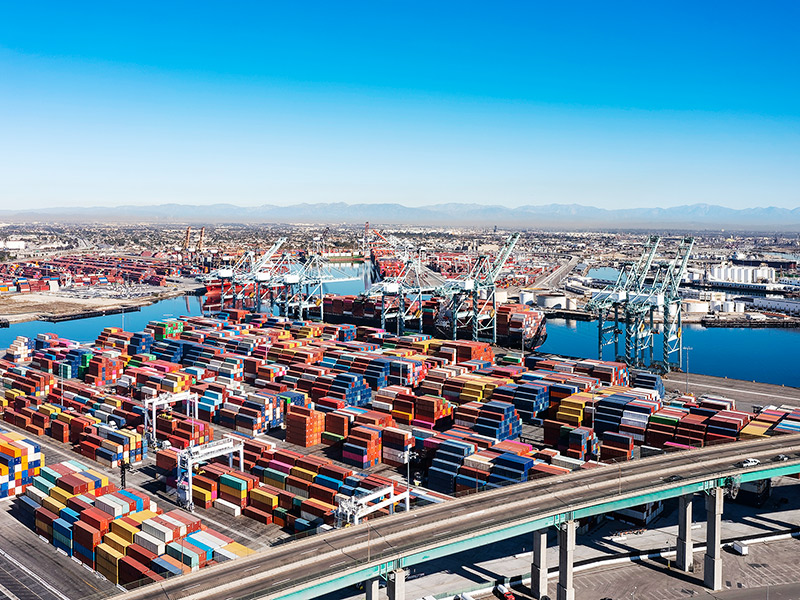Authors
-

Associate Director, BSR
-
Aditi Mohapatra
Former Managing Director, BSR
-
Victoria Reca
Former Manager, Equity, Inclusion, and Justice, BSR
Luxury brands have committed to supporting women’s empowerment across their value chains. Women not only represent a significant share of luxury brands’ customers and employees—they are also a critical part of luxury companies’ supply chains. Italy, in particular, is well known for being a primary sourcing country for the sector, yet the status of women in the supply chain and opportunities to support women’s economic and social empowerment remain largely unknown and unaddressed.
Across many different countries, women face multiple barriers to achieving gender equality. These include:
- Economic barriers such as overall low labor force participation, high proportion in the informal sector, prevalence in part-time roles, challenges advancing in their careers and into leadership and decision-making roles, unequal compensation levels, and a disproportionate amount of unpaid care work.
- Social barriers such as high rates of gender-based violence and harassment, challenges accessing sexual and reproductive health services, migration and human trafficking risks, weak implementation of anti-discrimination laws, traditional roles of women in society and in the workplace, and hidden gender biases and social norms that are difficult to eradicate.
Italy is no exception. Working women in the country face numerous challenges in the labor market, and little is known about gender equality efforts and the gender gaps impacting women working in the Italian luxury supply chain. With this context in mind, Kering and its family of Italian brands, Bottega Veneta, Gucci, Kering Eyewear, and Pomellato, have engaged BSR to better understand the challenges, ambitions, and opportunities of women workers in today’s luxury supply chain in Italy and identify ways to support their success.
This paper aims to:
- Shed light on the status and challenges faced by women workers in Italy, particularly those working in the luxury sector.
- Identify areas of intervention and provide practical recommendations on actionable next steps, programs, and initiatives that luxury brands could pursue, in cooperation with their suppliers and relevant stakeholders, to address gaps and concerns raised by women workers and work toward the realization of gender equality in the workplace.
This paper summarizes the insights gained from a variety of activities conducted by BSR and Wise Growth between February and September 2019.
Download
Let’s talk about how BSR can help you to transform your business and achieve your sustainability goals.








